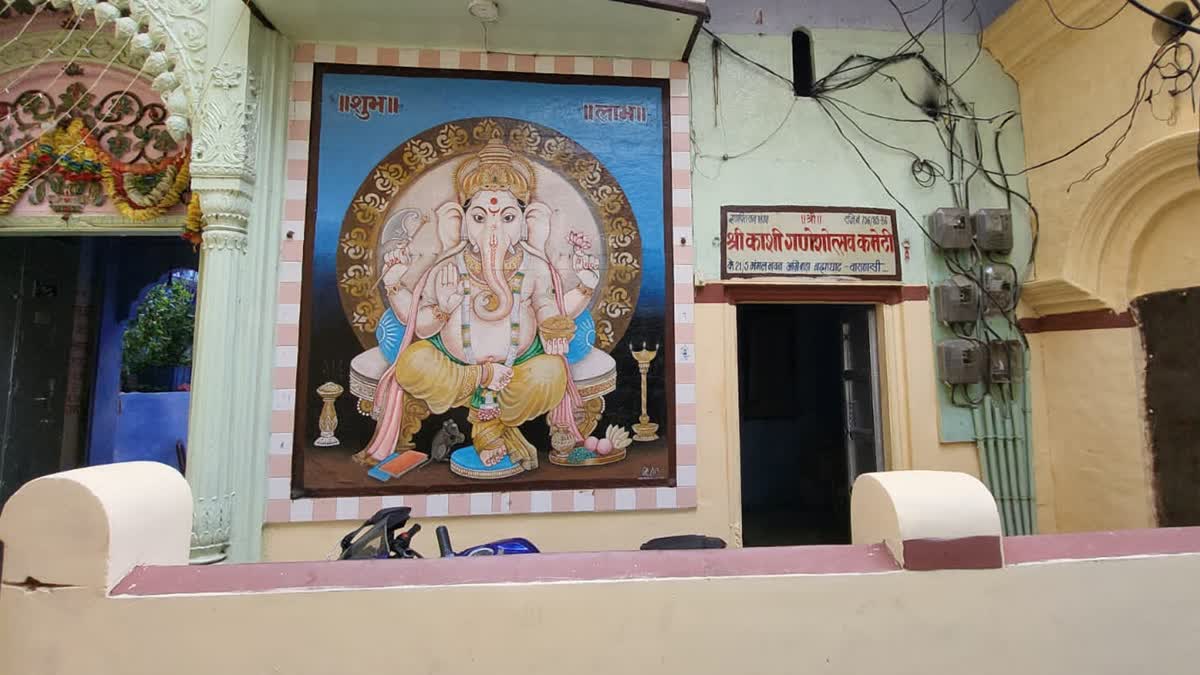Varanasi: While Ganesh Utsav is usually confined to Maharashtra, members of the Maratha community settled in Varanasi district of Uttar Pradesh are upholding a 126 year tradition of Ganesh Utsav started by freedom fighter Lokmanya Bal Gangadhar Tilak. In the city of Lord Bholenath, Kashi, where chants of Har Har Mahadev are heard every day, there is an occasion when along with the name of Lord Bholenath, his son Ganpati also finds a mention.
Although the Ganesh Utsav reflects the Maratha culture and civilization in Maharashtra, the tradition started by Lokmanya Tilak on the streets of Varanasi are still kept alive by the people of Maharashtra, who settled in Kashi.There are many such areas in Varanasi including Brahma Ghat, Biwi Hatiya, Panchganga Ghat where a considerable number of Maratha community members reside.
These Marathi families have upheld the Ganesh Chaturthi in Kashi for the last 126 years to keep their culture and civilization alive in Uttar Pradesh. The trustee of the organizing committee, Vinayak Trimbak, said that the event was started when the revolutionaries and great leaders started the work of uniting the people in the country during the freedom struggle against the British.
Also read: Hyderabad's Balapur Ganesh laddu auctioned for record Rs 24.60 lakh
Trimbak said that in 1894, Lokmanya Tilak started Ganesh Utsav in Pune where the work of instilling enthusiasm among the people was done through padda singing and other types of events. Taking inspiration from this event, four years later in 1898 in Varanasi, on the instructions of Lokmanya Tilak, the Marathi families from Maharashtra started Ganesh Utsav in Kashi, added Trimbak.
He said that the Marathi families in Varanasi united and opened a front against the British and continued the event throughout the week. “Pleased with this, when Lokmanya Tilak came to Varanasi in 1920, seeing the grandeur of this festival, he described it as better than the festival in Maharashtra and since then this tradition has been going on continuously,” Trimbak said.
He said that even though Paddagan and other traditions have been abolished in Pune, Maharashtra, the tradition is still followed in Varanasi with the same grandeur.



